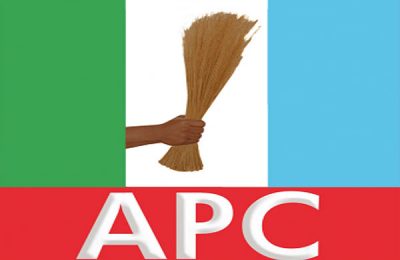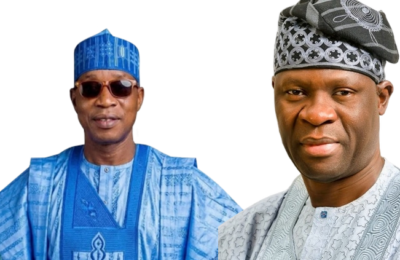The story of modern Nigeria is not written in monuments, nor in the statutes of its parliaments, but in the emptying pockets of its citizens. Each debit alert is a requiem, each deduction an indictment. Before one earns a wage, the bank has already contrived ways to slice it apart. From the hallowed halls of government to the modest homes of the jobless, a singular reality resounds: Nigerians are being debited into despair.
Family daily debits, compulsory levies on calls, subtle bleedings through social media data charges, and the inflation-driven debits of food markets form the unholy quartet of daily survival. Yet this is a country where millions cannot even secure employment. The paradox is grotesque: in a land where jobs are as elusive as justice, debits never fail in punctuality.
This bleeding economy mirrors the wider collapse of trust. Banks, once seen as custodians, now resemble tax collectors in an empire of decay—extracting without explanation, deducting without apology. For the average Nigerian, the morning begins not with prayers or breakfast, but with a litany of SMS messages: “Debit alert: N200. Debit alert: N50. Debit alert: N500.” It is a ritual of diminishment that never ends.
The carnage is worsened by the state’s insatiable appetite. Airtime taxes, digital service charges, and telecom levies arrive like vultures, feeding fat on the withered carcass of poverty. Social media, once a refuge for expression, has been monetized into another conduit of bleeding. To post, to call, to connect — all are transactions siphoning the last breath of the people’s resources.
Food, the most sacred of needs, is no longer a meal but a debit slip. Tomatoes, rice, bread, and garri are no longer commodities; they are enemies that stalk the Nigerian stomach. A trip to the market is a confrontation with financial annihilation. Prices rise by the hour, while wages stagnate—or worse, remain non-existent for the jobless multitudes. Survival, once natural, has become an Olympic contest in endurance.
This is not merely economics; it is systemic failure wearing the mask of governance. Institutions that ought to defend the citizen stand complicit in his exploitation. Regulatory bodies slumber while banks innovate newer methods of deduction. Governments boast of digital transformations, yet citizens cannot trace where their digital bleedings vanish.
And so, the people curse silently. They ask: Who cursed us? Why is it that nations across the seas seek our workers, our minerals, even our culture, while we, within, are debited into penury? Why do we value ourselves so little that even in death, our heroes are hurried to the grave with scorn, while foreign dignitaries are celebrated with monuments and tears?
The unending debits are not numbers on a bank app. They are the metaphors of a broken nation — a people forced to watch their lifeblood siphoned daily while their leaders recline in stupor. Nigeria’s tragedy is not merely that systems have failed, but that the people have been conditioned to normalize their own exploitation.
If this continues, the Nigerian dream will not die with a bang, but with the quiet ping of another debit alert.
– Inah Boniface Ocholi writes from Ayah – Igalamela/Odolu LGA, Kogi state.
08152094428 (SMS Only)




